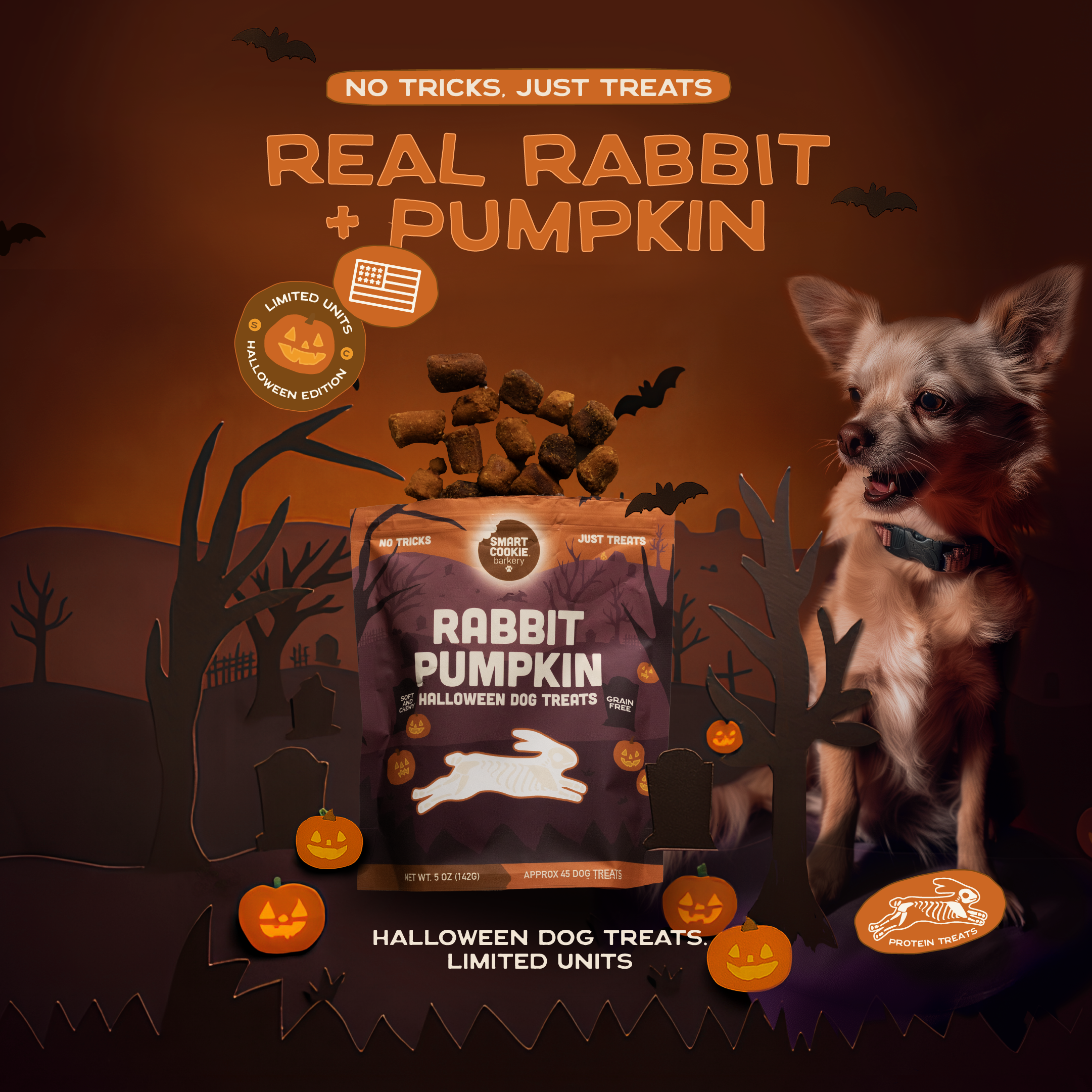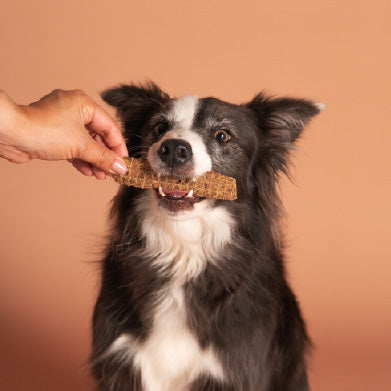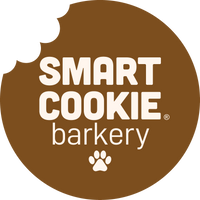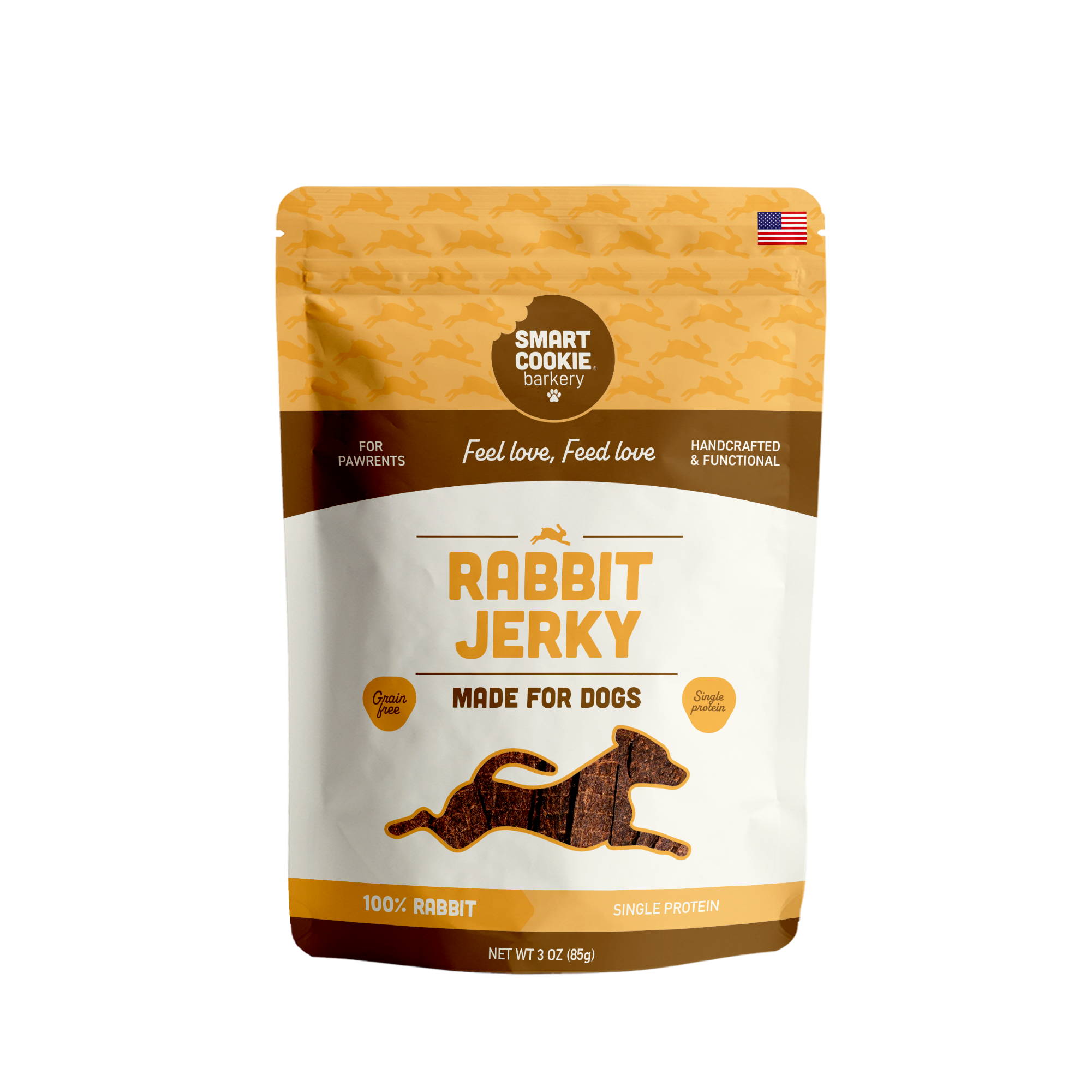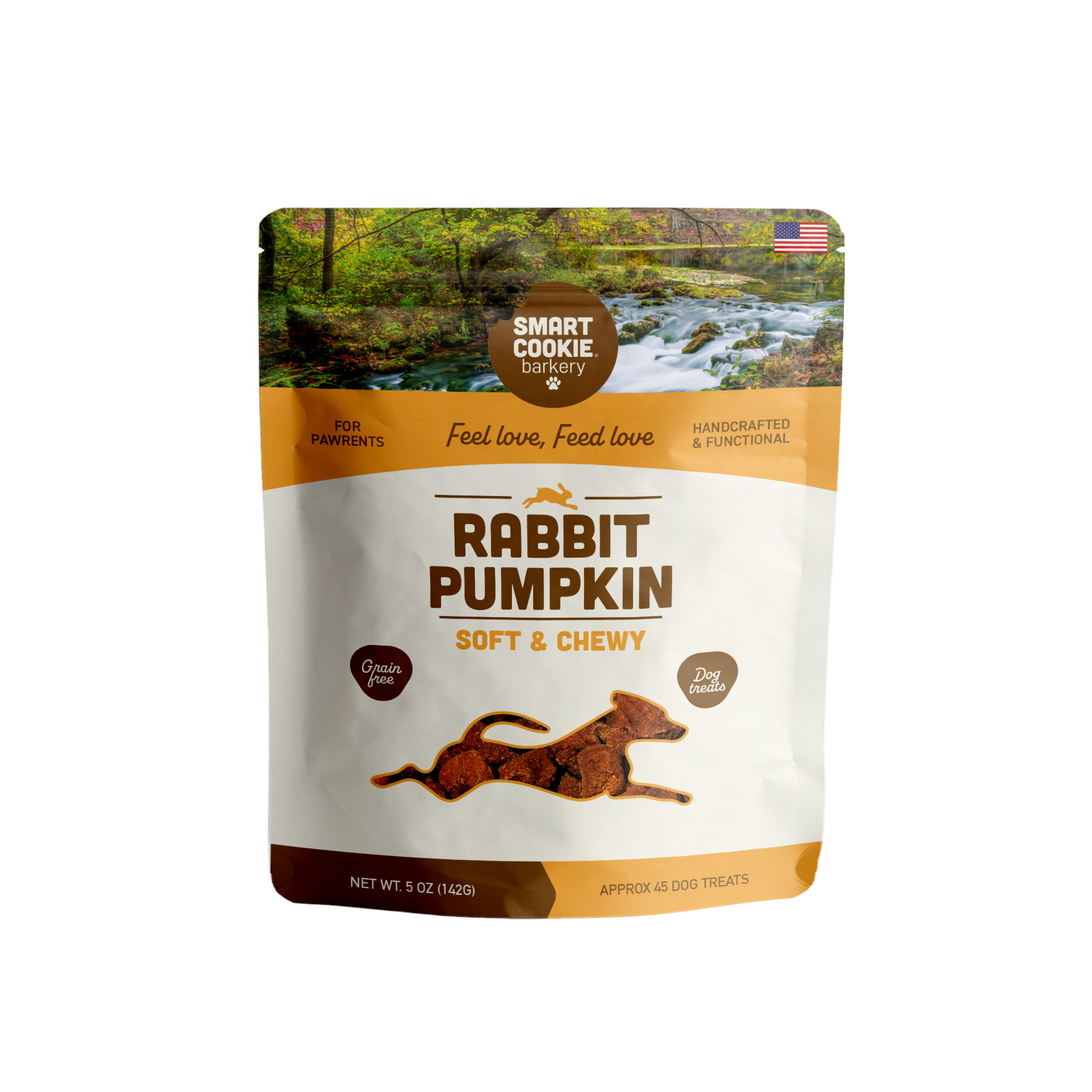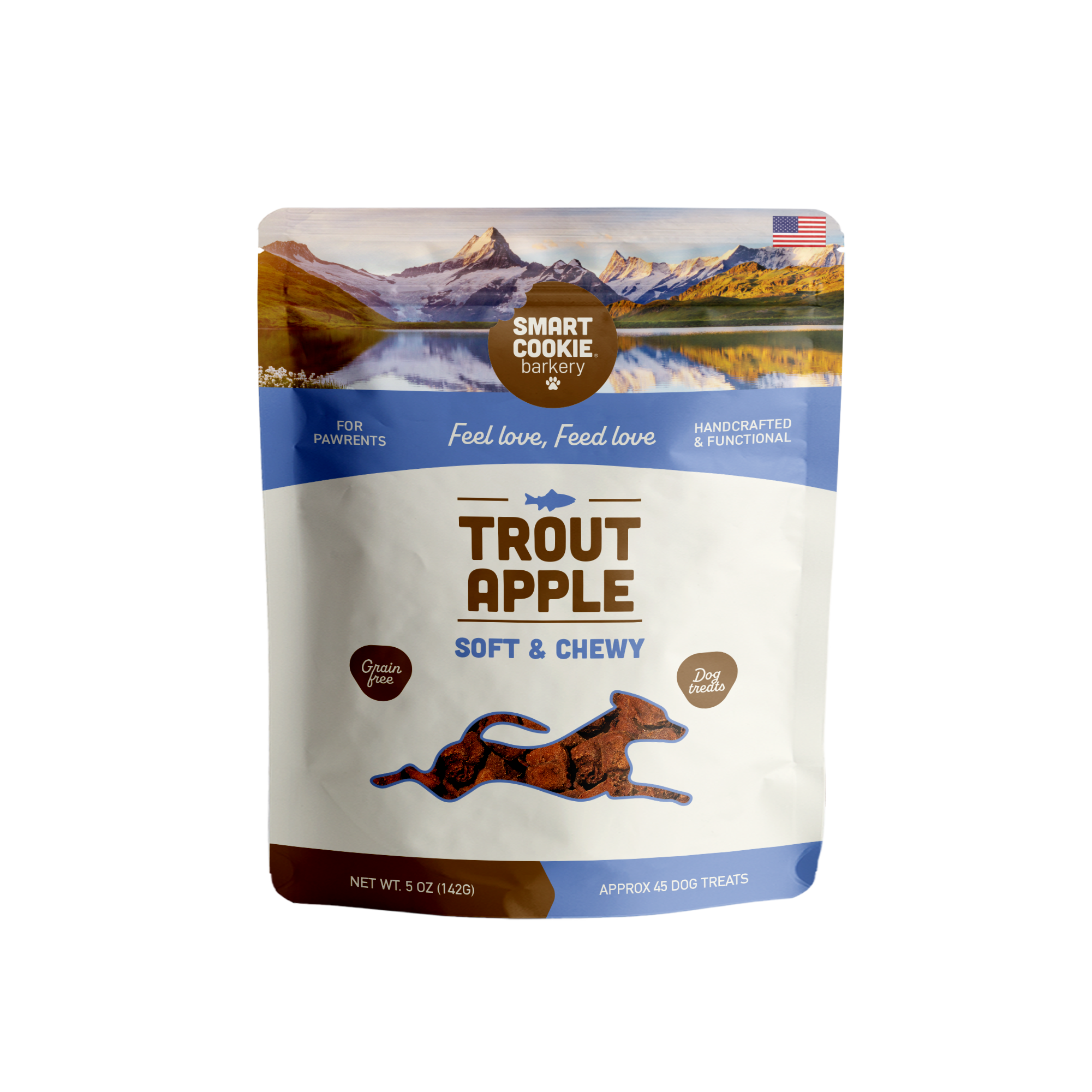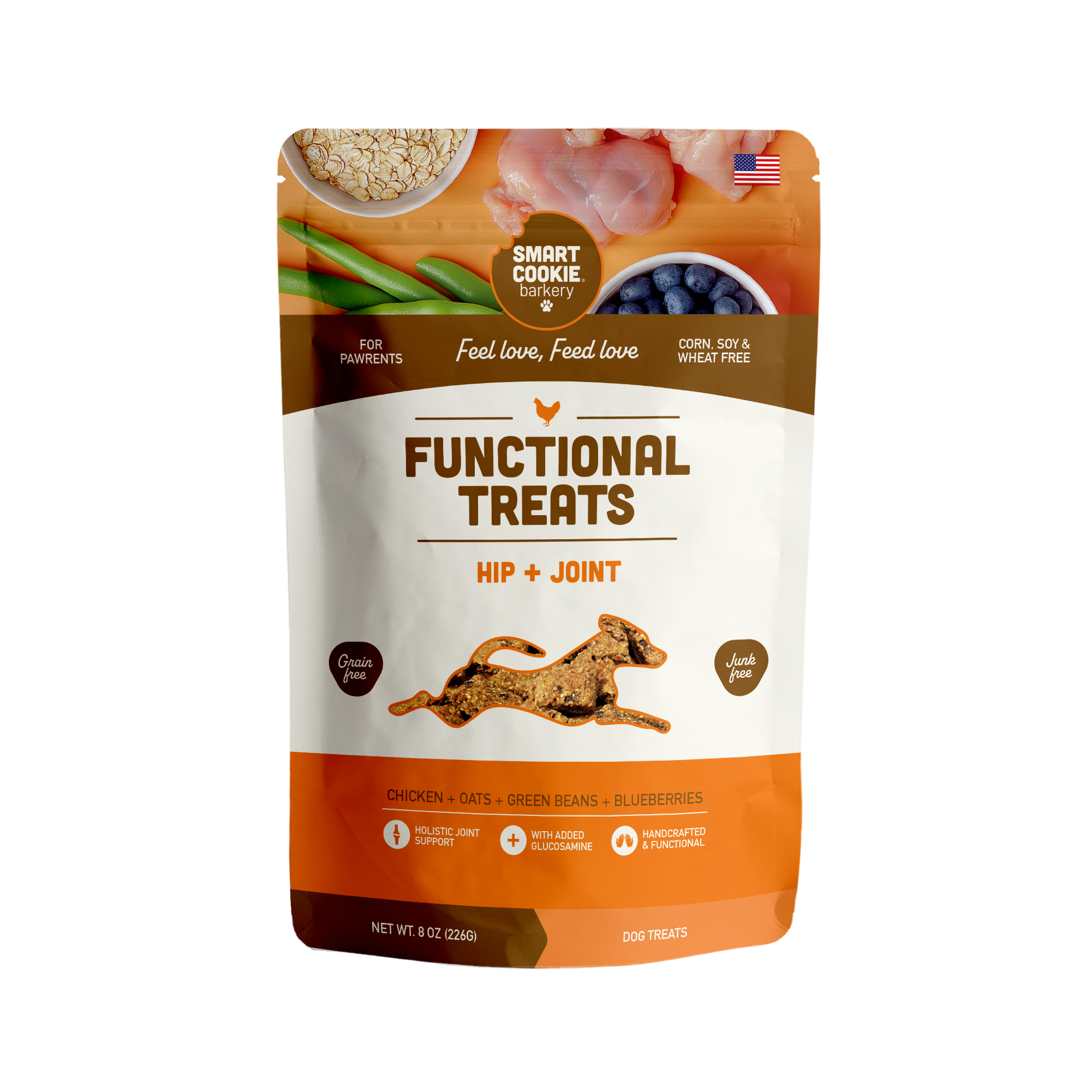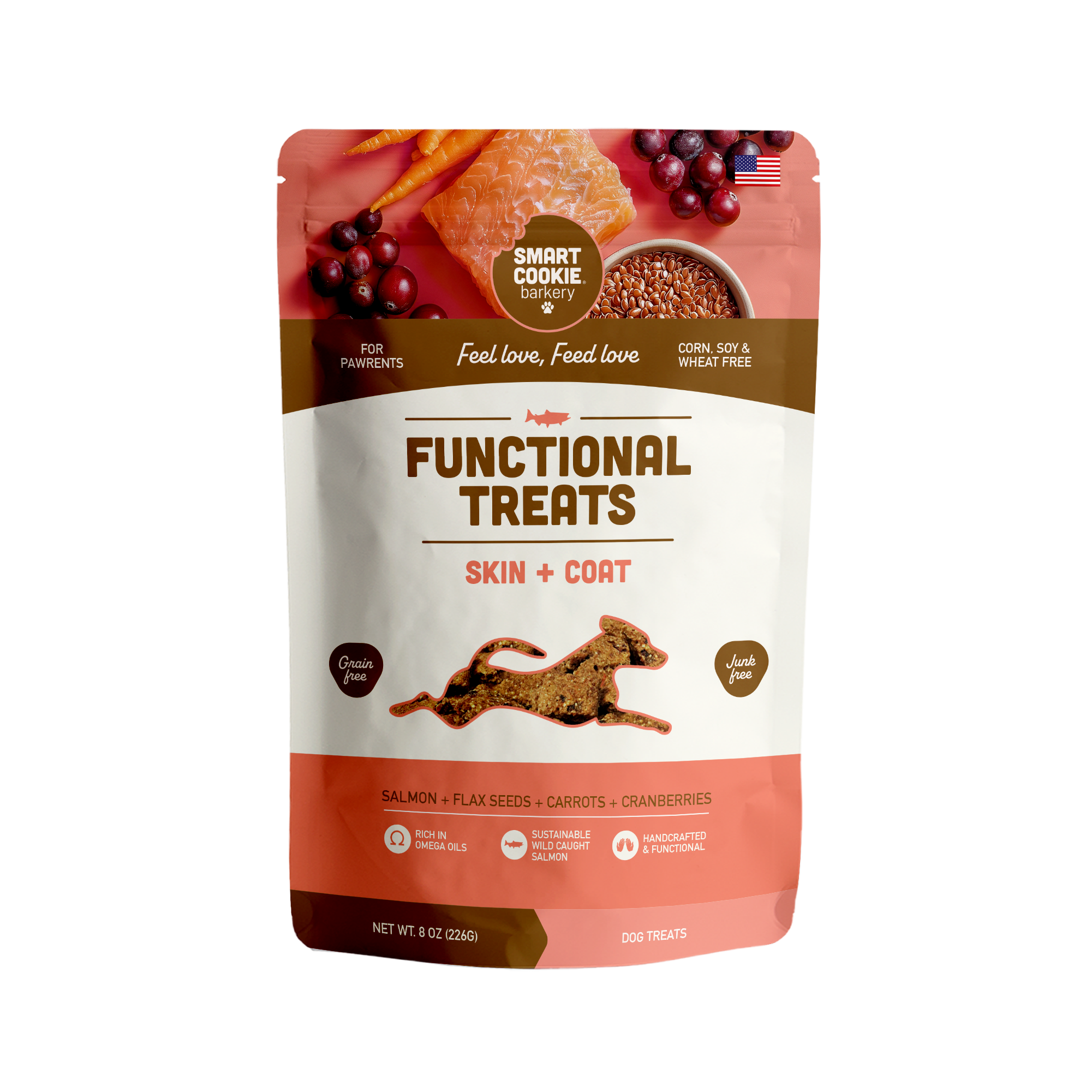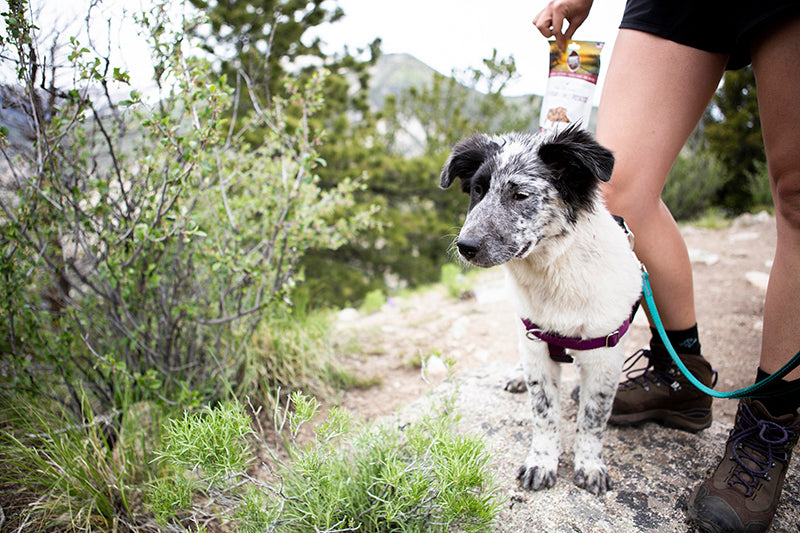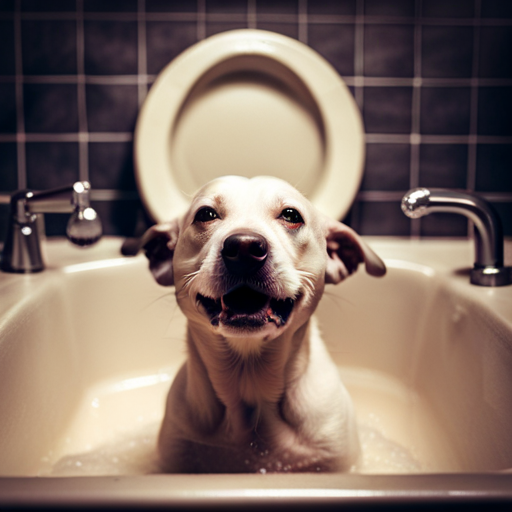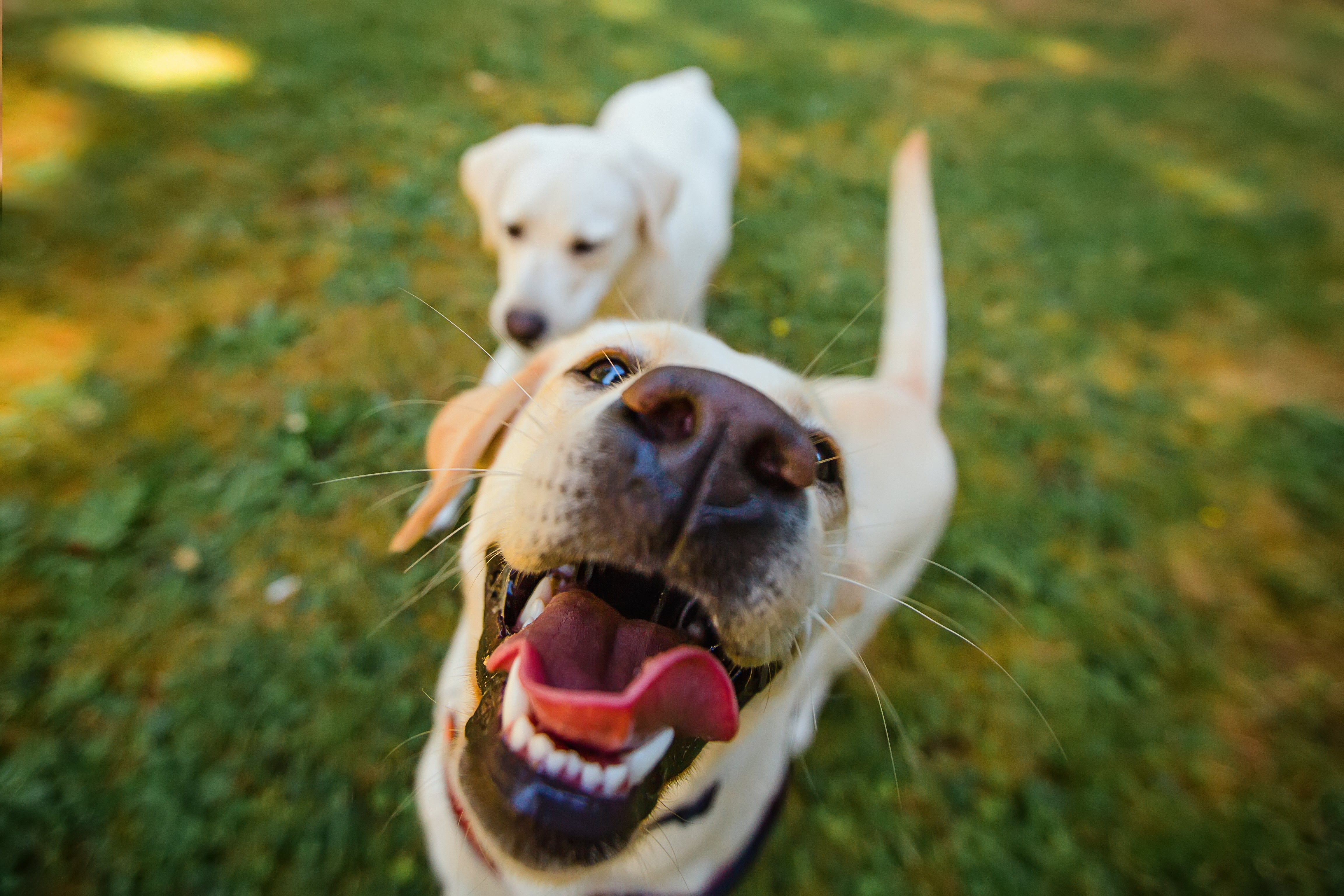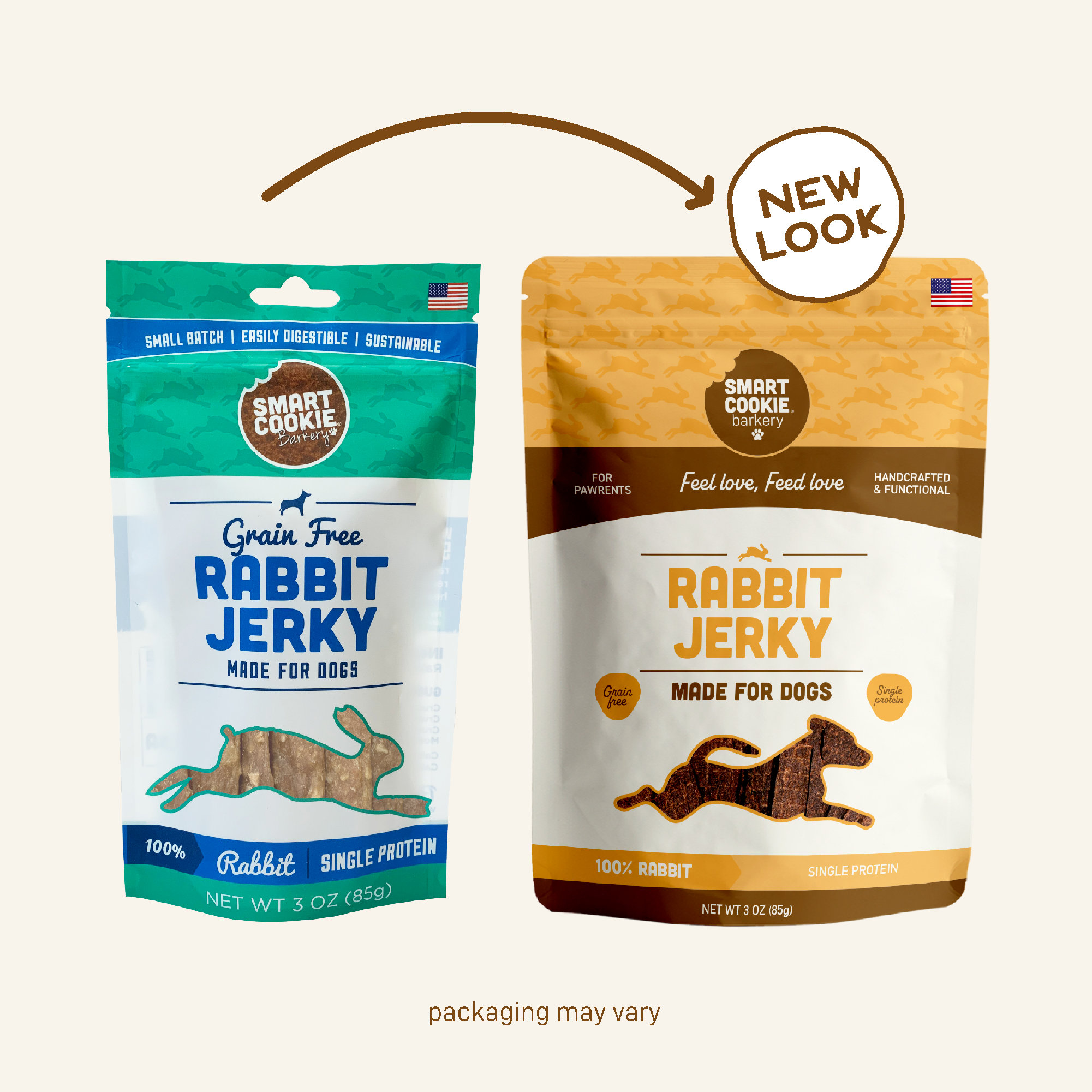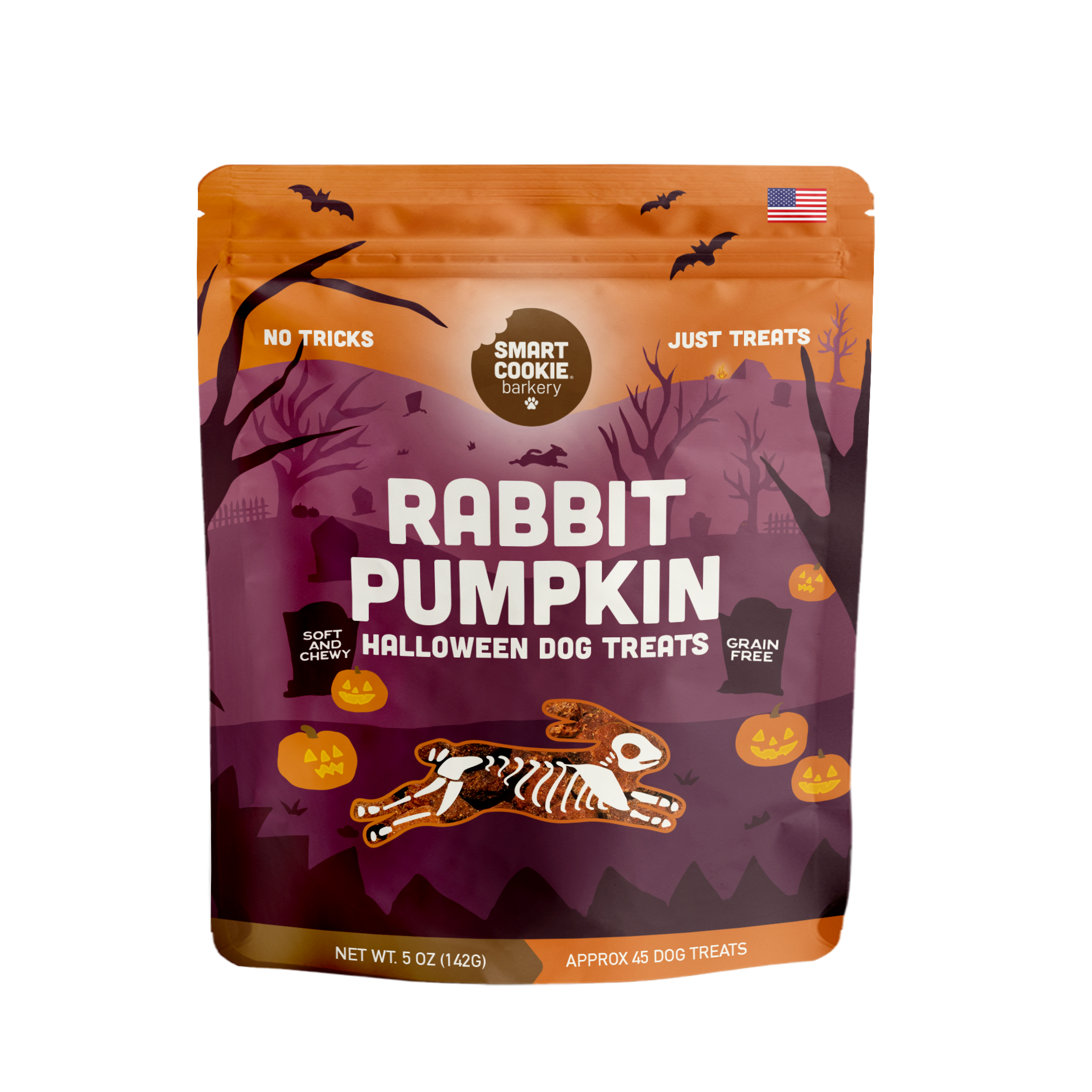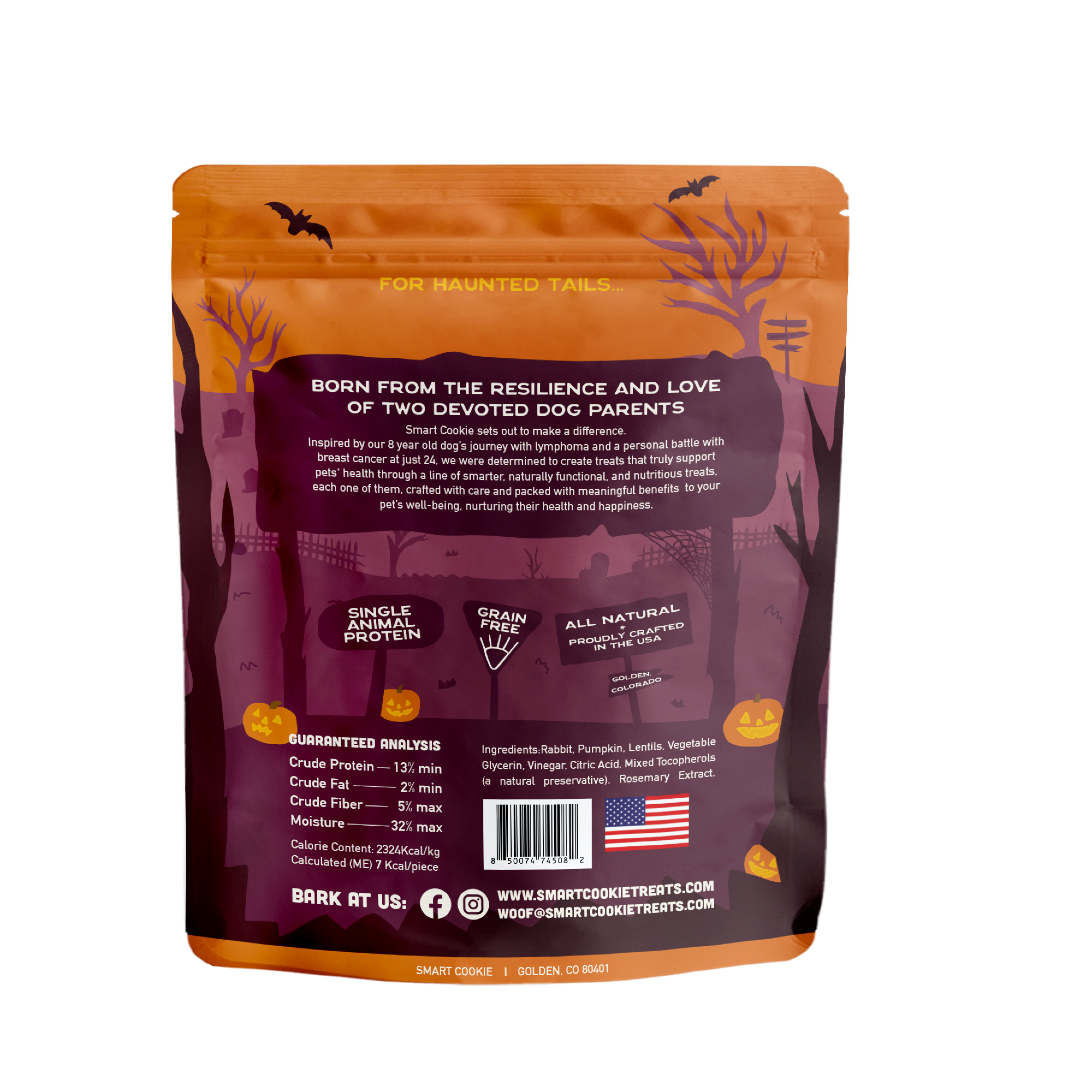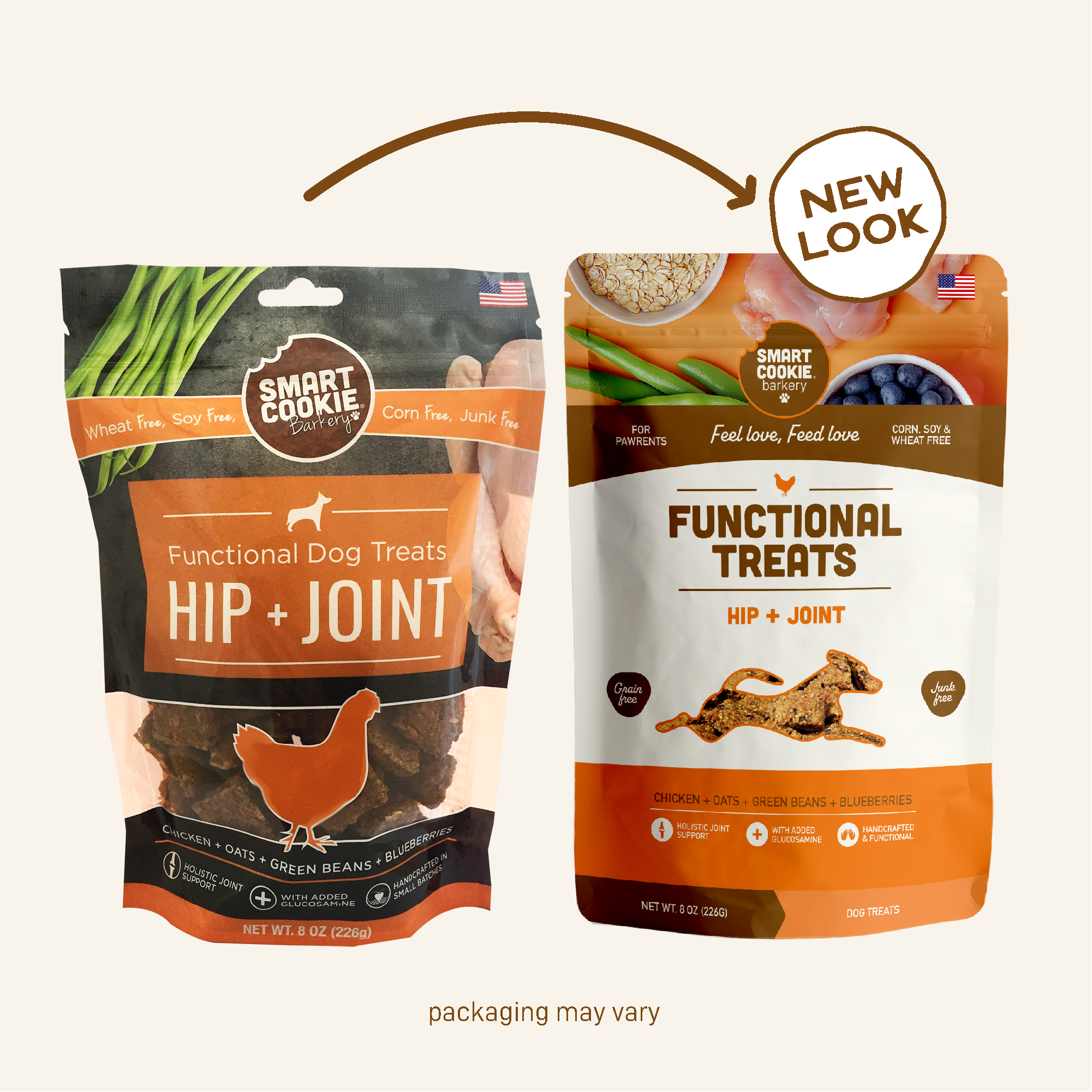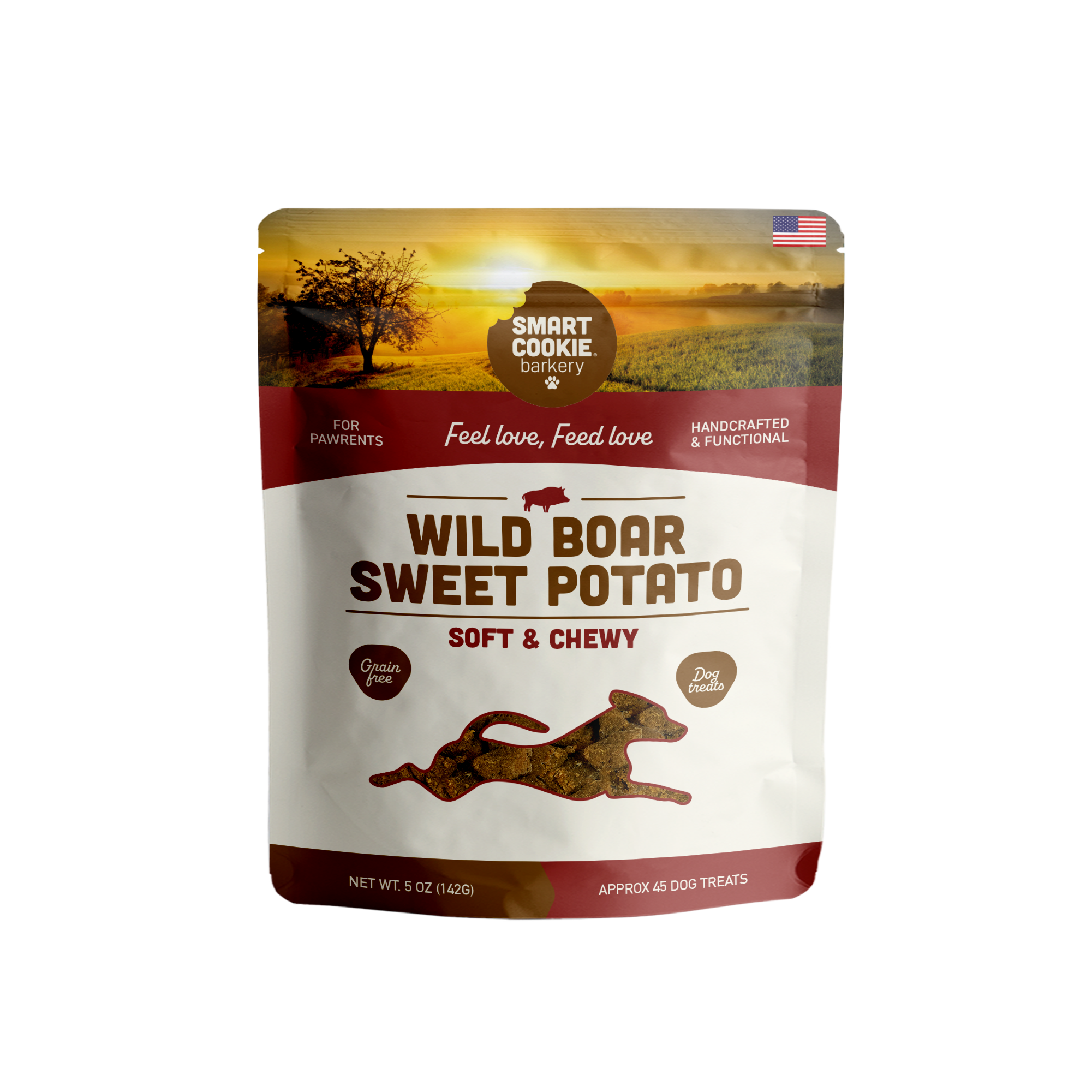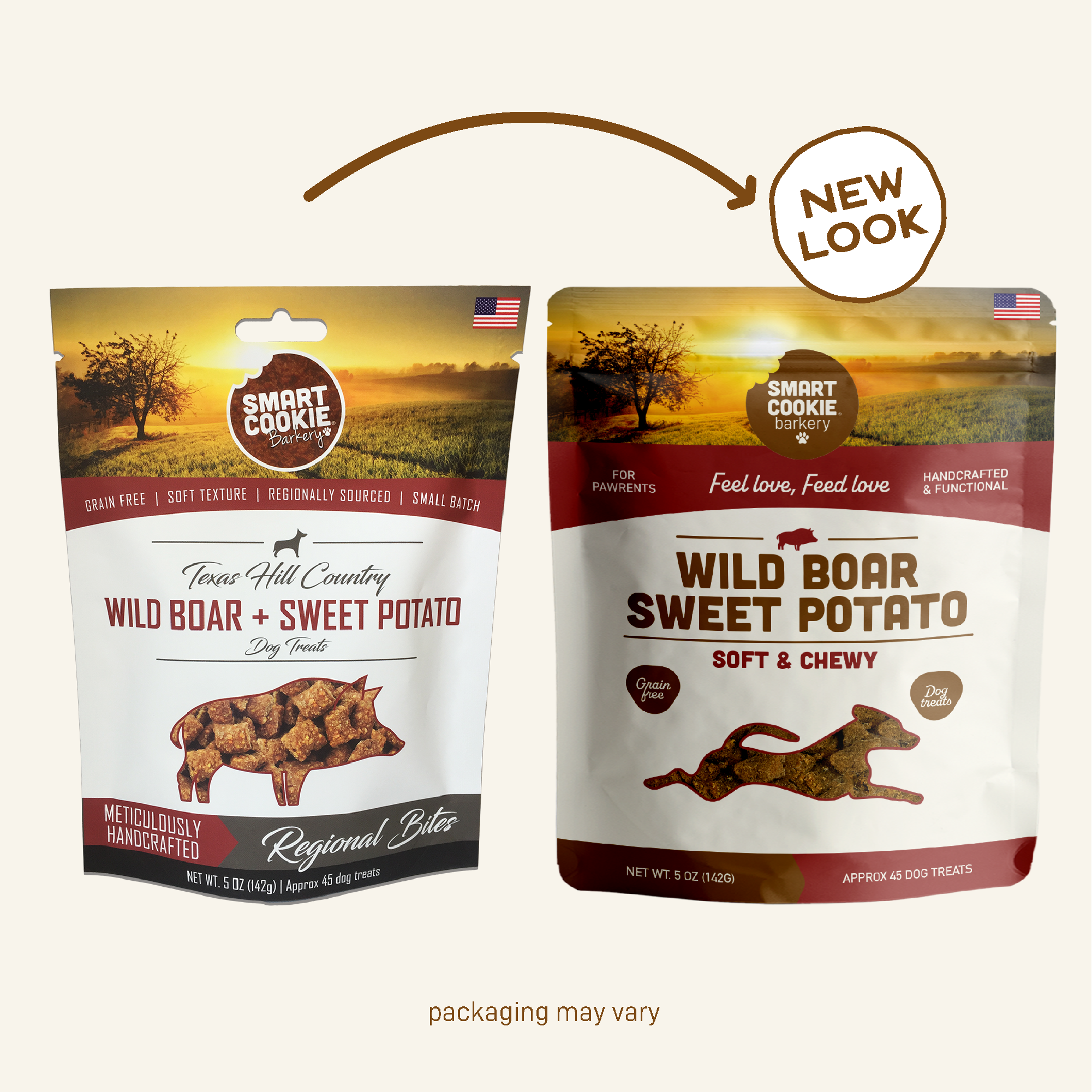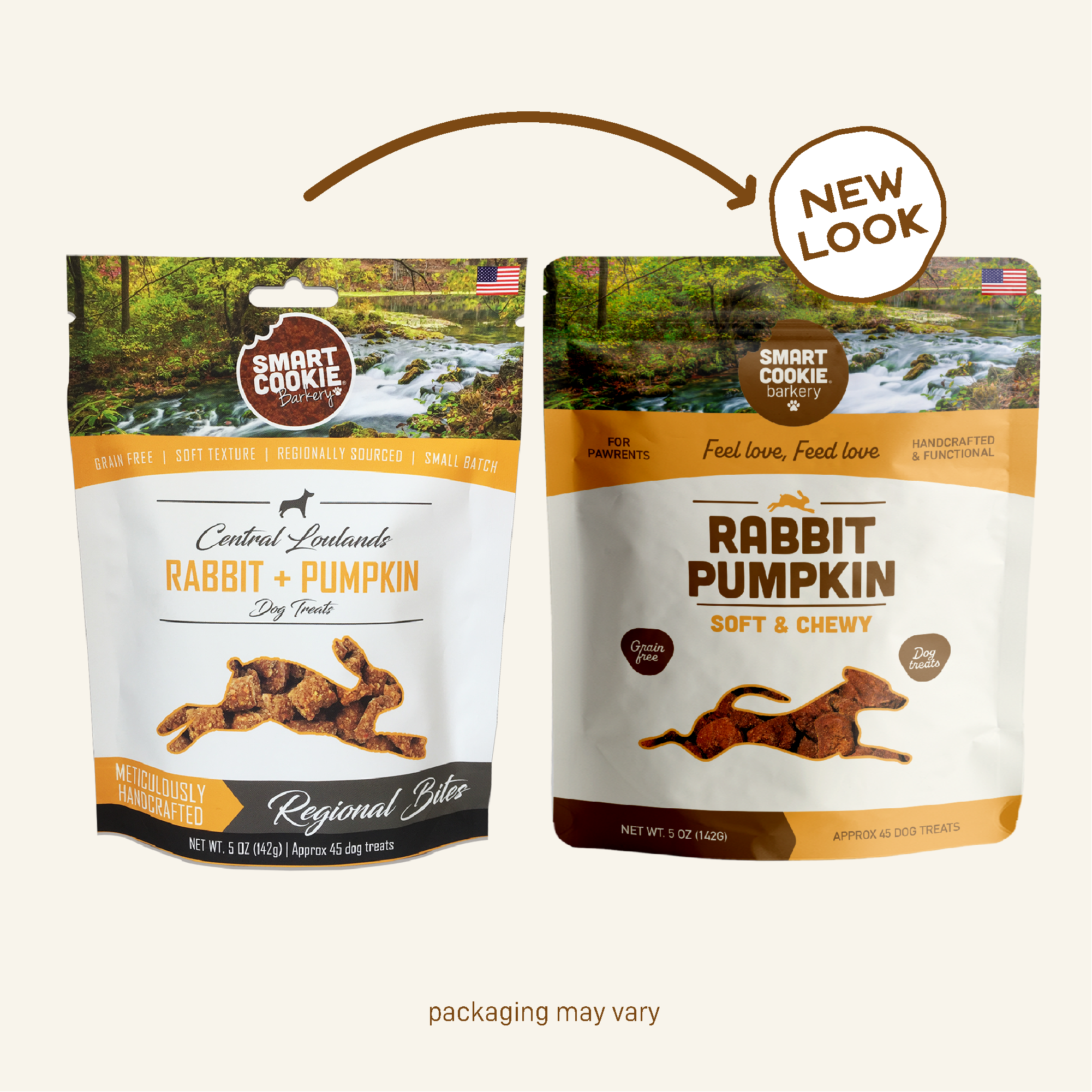Breaking through the myths of grain-free food, raw diets, and other pet food fads
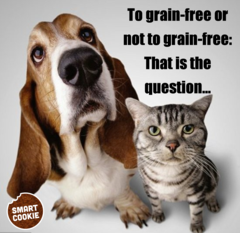
 We all want what is best for our pets, but sometimes the creative, mainstream marketing efforts of pet food brands can cause an insurgence of misinformation. Grain-free diets, raw diets, and other pet food fads are just that: fads. That's not to say that these diets aren't good for your dog, there are just some things you should know about them.
We all want what is best for our pets, but sometimes the creative, mainstream marketing efforts of pet food brands can cause an insurgence of misinformation. Grain-free diets, raw diets, and other pet food fads are just that: fads. That's not to say that these diets aren't good for your dog, there are just some things you should know about them.
Fun fact for the day: Did you know that less than 10% of dogs have food allergies? This is not to say that dogs can't have food sensitivities or gastrointestinal issues after eating certain foods, but to call them "allergic" is actually a misnomer. Furthermore, most allergies dogs suffer from are environmental. Common signs of allergies are: rubbing, scooting, itching, licking, and ear infections. Food allergies may also be accompanied by gastrointestinal distress such as burps, vomiting, diarrhea, or flatulence.
Want to help alleviate their environmental allergy woes? 1) Try fish oil (click here to read about the benefits of fish oil); 2) wipe them down with a damp cloth to clean their fur of pollen, weeds, and grasses after being outdoors; or 3) if allergies are severe enough, visit a veterinary dermatology specialist.
Grain-Free Diet Food Fad: While grain-free foods for dogs (and cats) can be a good alternative option, don't completely rule out grains from your dog or cat's diet. Grains (like barley, oats, and rice) offer lots of wonderful nutrients for your dog such as fiber, vitamins and minerals, and contain more fiber, protein and nutrients than their non-grain counterparts such as tapioca and potatoes. Your dog's body does not treat grains differently from other sources of carbohydrates - instead, the body recognizes food by the nutrients it provides, not whether it is a grain or not, and the digestion of grains is no different than digestion of other carbohydrate sources that have similar nutrient profiles.
 Another common myth about grains is that they cause allergies. Technically, any ingredient that has protein can cause an allergy in your pet, though it is extremely rare. Food allergies are the immune system's reaction to certain food proteins, typically, animal proteins. Grains in particular got this bad, allergy-causing reputation because wheat, a grain, is a top allergen in humans and dogs because it contains gluten (gluten is a family of storage proteins found in the mature seeds of cereal grasses) and can be a tough protein make-up to digest. Most other grains, on the other hand, are actually very easily digestible and very unlikely to cause food allergies. We're not saying it's impossible, but it is rare. So, even in the unlikely event that your dog is gluten intolerant, other gluten free grains (like quinoa - even though quinoa is technically not a grain - or rice) are still highly digestible for dogs that can't eat wheat. Why? Because each grain has its own unique protein structure, so even if your dog is allergic to wheat, for example, it most likely is not allergic to other grains. Good news for fido!
Another common myth about grains is that they cause allergies. Technically, any ingredient that has protein can cause an allergy in your pet, though it is extremely rare. Food allergies are the immune system's reaction to certain food proteins, typically, animal proteins. Grains in particular got this bad, allergy-causing reputation because wheat, a grain, is a top allergen in humans and dogs because it contains gluten (gluten is a family of storage proteins found in the mature seeds of cereal grasses) and can be a tough protein make-up to digest. Most other grains, on the other hand, are actually very easily digestible and very unlikely to cause food allergies. We're not saying it's impossible, but it is rare. So, even in the unlikely event that your dog is gluten intolerant, other gluten free grains (like quinoa - even though quinoa is technically not a grain - or rice) are still highly digestible for dogs that can't eat wheat. Why? Because each grain has its own unique protein structure, so even if your dog is allergic to wheat, for example, it most likely is not allergic to other grains. Good news for fido!
Raw Food Diet Fad: The raw food diet for dogs came about because the theory is that raw meat is what wolves eat, wolves are dogs' ancestors, so dogs should eat raw meat - almost sounds like a bad word problem from your college logic class, right? Well, here's the thing: dogs have been domesticated over the last 10,000 to 15,000 years and throughout these many thousands of years, their typical diet started to contain more and more grains and carbohydrates. A dog's current digestive genetic makeup is actually dissimilar to wolves, as they can successfully process carbohydrates, and further, reap the benefits of the nutrients stored within carbs. The biggest problem with raw food diets for dogs is that they are very commonly nutritionally  imbalanced and contain either excessive amounts or a severe deficiency of nutrients.
imbalanced and contain either excessive amounts or a severe deficiency of nutrients.
The other belief about raw food diets for dogs is that it is better because cooking strips food of nutrients and destroys enzymes needed for digestion. All of the enzymes that dogs and cats need for digestion are already in their stomachs and intestinal tracts, and raw food can contain harmful bacteria. Research shows that 80% of raw food diets for dogs tested positive for salmonella and 30% of stool samples from dogs fed these diets were positive for salmonella. If your dog is healthy, this may not be as big of an issue, however if your dog is young, immunocompromised, or is aging, this can cause more harm than good.
Bottom line? Do what is best for your pet. Regardless of your feelings on the above dog food fads, the most important thing you can do for your dog's diet is pay attention to the quality of the ingredients and the nutrients in the ingredients rather than worrying about if they are a grain, not a grain, raw, cooked, etc. Instead, pay attention to the fat content, protein, fiber, calories, vitamins and minerals.
If you are concerned your dog (or cat) may have an allergy of some kind, whether it be environmental or food related, visit your veterinarian or a veterinary dermatology and allergy specialist.
Sources: NAVC (North American Veterinary Community) Clinician's Brief, February 2014.
